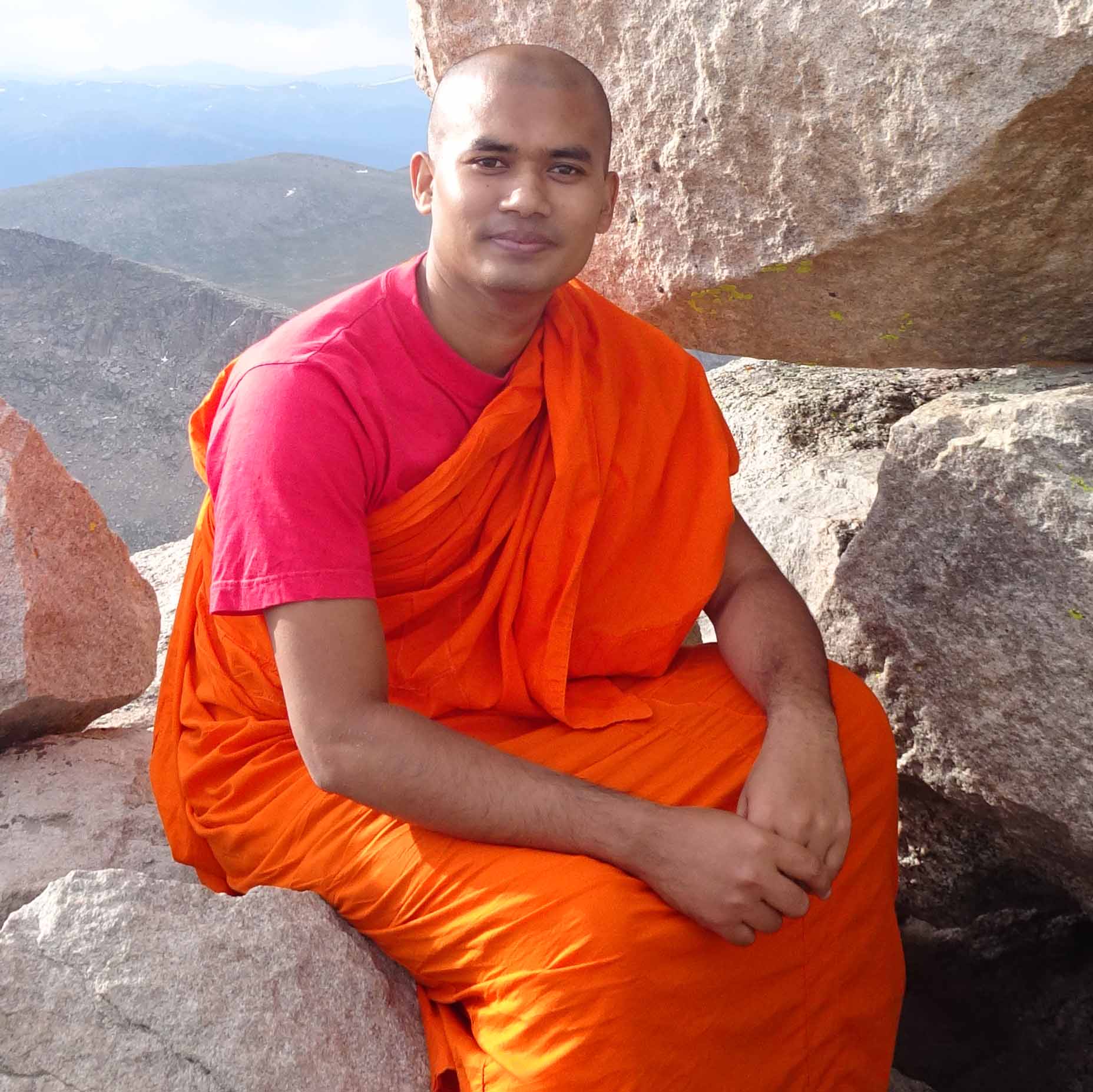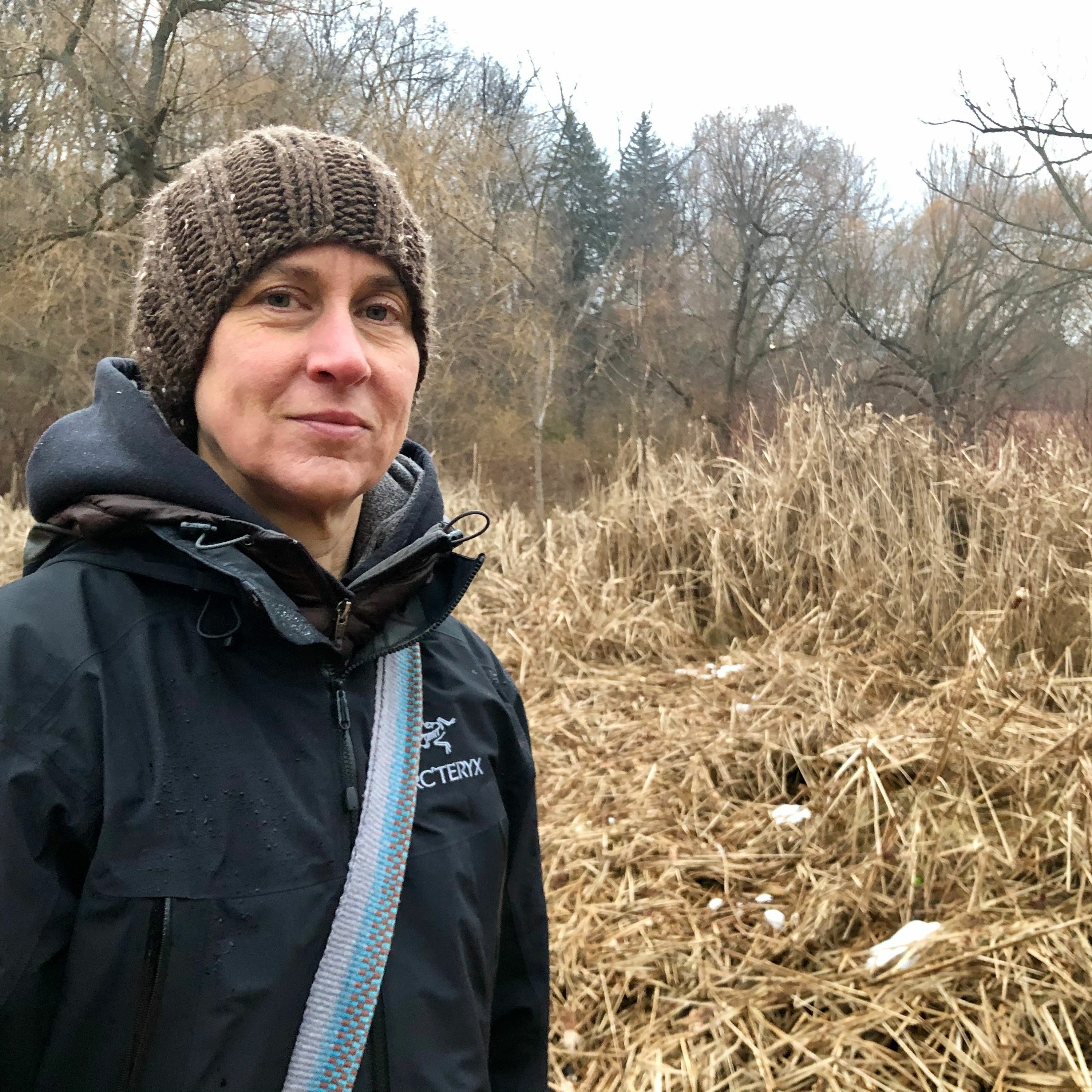Show Notes
A conversation with Jessica Madison Pískatá, a cultural anthropologist who studies relationships between humans and geological landscapes on the peripheries of Cold War empires. Pískatá is now Visiting Assistant Professor of Anthropology and Environmental Studies at Oberlin College.
In this conversation with Frances Garrett, part of a Footnotes series on posthumanist approaches to the study of Buddhism, Pískatá talks about how her interest in anthropology was sparked by the experience of translating poetry in Mongolia, and how working with Mongolian poets led to insights into the relationship between people and the mineral landscape. She describes how geosocial relationships with mountains and mines can challenge binaries of living and nonliving, or nature and social life. Pískatá also discusses Mongolian understandings of the concept of energy, in the context of the field of energy humanities, and her new work on uranium mining in the Czech Republic.
Listeners may read and listen to three poems celebrating life on Earth called “Grass Trilogy” by Mongolian author Ochirbatyn Dashbalbar, translated by Jessica Madison Pískatá, at https://www.sapiens.org/culture/grass-trilogy/.
Works discussed include:
- Elizabeth Povinelli’s Geontologies: A Requiem to Late Liberalism (Duke University Press, 2016)
- Philippe Descola’s Beyond Nature and Culture (trans. J. Lloyd) (Chicago University Press, 2013)
- Cara New Daggett’s The Birth of Energy: Fossil Fuels, Thermodynamics, and the Politics of Work (Duke University Press, 2019)
- Breanna Wilson's article in Forbes magazine, Feb 25, 2024, "How To Visit Shambala, Mongolia’s Most Sacred And Spiritual Place"
This episode of Buddhist Studies Footnotes was created, produced and edited by Frances Garrett, with support from the Robert H.N. Ho Family Foundation Centre for Buddhist Studies at the University of Toronto. This project aims to make Buddhist Studies research freely accessible to students and the public.




